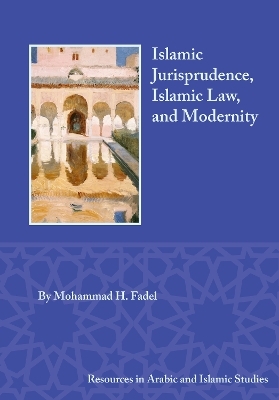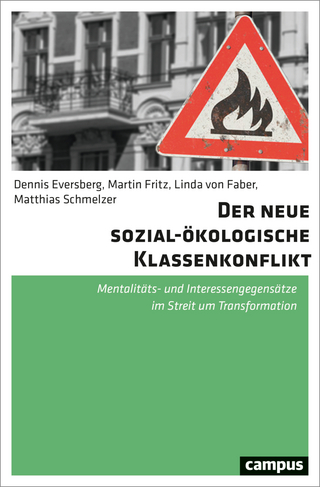
Islamic Jurisprudence, Islamic Law, and Modernity
Lockwood Press (Verlag)
978-1-957454-79-5 (ISBN)
Mohammad Fadel's scholarship on Islamic law and legal history ranges from medieval institutions and the history of Islamic legal interpretation to urgent problems relating to the modern reception and re-assessment of Islamic legal doctrine. Fadel's intellectual concerns focus primarily on the compatibility of the Islamic legal tradition with modern liberal political arrangements, but in his research and writing he also delves into the realm of premodern Islamic legal thought and institutions. His Rawlsian approach leads him to a political reading of the Islamic legal tradition, which he accomplishes by teasing out jurists' assumptions about politics, economics, and the domestic sphere.
Fadel's readings of Islamic legal sources suggest that Islamic law remains relevant to a society in which legitimate disagreements over law and morality seem intractable. At the same time, from the Rawlsian perspective he adopts, Fadel reminds us that premodern Muslim jurists formulated Islamic law also under conditions of substantial controversy over matters of law and morality, as well as over questions of religion, politics, theology, and metaphysics.
The studies gathered together in this volume adroitly illustrate Fadel's interest in Islamic law as a domain of Islamic political thought and as a framework that might be deployed in today's pluralistic and secularized societies.
Mohammad H. Fadel is Full Professor at the University of Toronto Faculty of Law, which he joined in January 2006. From 2006 to 2016, he was Canada Research Chair for the Law and Economics of Islamic Law. Professor Fadel wrote his PhD dissertation on legal process in medieval Islamic law at the University of Chicago, and received his JD from the University of Virginia School of Law.
Introduction
Islamic Law and the State
1.Nature, Revelation and the State in Pre-Modern Sunni Theological, Legal
and Political Thought
2. Islamic Law Reform: Between Reinterpretation and Democracy
3. The Implications of Fiqh al-Aqalliyyāt (Jurisprudence of Minorities) for the Rights
of Non-Muslim Minorities in Muslim-Majority Countries
Islamic Jurisprudence
4. The Social Logic of Taqlīd and the Rise of the Mukhtaṣar
5. “Istafti qalbaka wa in aftāka al-nāsu wa aftūka”: The Ethical Obligations of the
Muqallid between Autonomy and Trust
6. “Istiḥsān Is Nine-Tenths of the Law”: The Puzzling Relationship of Uṣūl to
Furūʿ in the Mālikī Madhhab
7. Is Historicism a Viable Strategy for Islamic Law Reform? The Case of
‘Never Shall a Folk Prosper Who Have Appointed a Woman to Rule Them’
Islamic Law, Gender, and the Family
8. Two Women, One Man: Knowledge, Power, and Gender in Medieval
Sunni Legal Thought
9. Reinterpreting the Guardian’s Role in the Islamic Contract of Marriage:
The Case of the Mālikī School
10. Political Liberalism, Islamic Family Law, and Family Law Pluralism
11. Adoption in Islamic Law
Islamic Law and the Market
12. Ribā, Efficiency, and Prudential Regulation: Preliminary Thoughts
13. Ethics and Finance: An Islamic Perspective in the Light of the Purposes
of Islamic Sharīʿa
Bibliography of Mohammad H. Fadel’s Published Works
Index
| Erscheinungsdatum | 05.08.2023 |
|---|---|
| Reihe/Serie | Resources in Arabic and Islamic Studies |
| Verlagsort | Atlanta |
| Sprache | englisch |
| Maße | 178 x 254 mm |
| Gewicht | 910 g |
| Themenwelt | Recht / Steuern ► Allgemeines / Lexika |
| Recht / Steuern ► EU / Internationales Recht | |
| Sozialwissenschaften ► Soziologie ► Spezielle Soziologien | |
| ISBN-10 | 1-957454-79-2 / 1957454792 |
| ISBN-13 | 978-1-957454-79-5 / 9781957454795 |
| Zustand | Neuware |
| Informationen gemäß Produktsicherheitsverordnung (GPSR) | |
| Haben Sie eine Frage zum Produkt? |
aus dem Bereich


